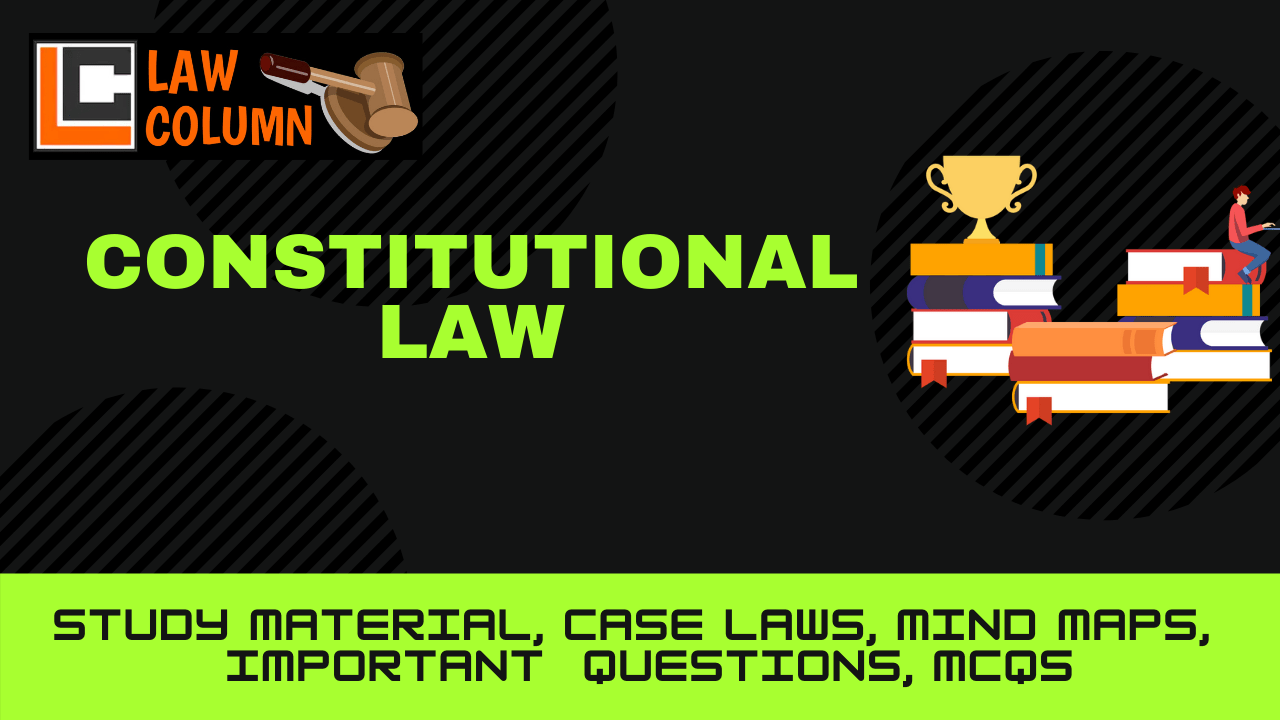MODEL OF CONSTITUTION IN THE CONTEXT OF INDIAN DEMOCRACY….
Democracy, the dream for many, achievement of some and past talks for few. As we all know that India is a democratic country and its democracy is based on democratic federalism. After Independence, Indian constitution was formed on certain context. Democracy of any nation is based on three main pillars i.e. ,
1. Legislative
2. Executive
3. Judiciary
In the constituent assembly, Indian leaders discussed different constitutions of different countries and then finally made a document called Indian Constitution.
Initially, Muslim rulers and then British rulers ruled over India for about 600 years at the time of Independence, there were so many systems & traditions in the Indian society divided on the basis of race, caste, religion, poor, rich, high and low. So our great leaders after observing such situations they shaped this written document.
At the time of Independence India was divided in 2 countries Pakistan & India, but some of the Muslim community remained in India and accepted as their nation. At that time the Muslim population was about 13%, so Indian leaders made a decision for their community called ‘minority’ for their welfare. Later on for politics of votes the Secularism is added and India was declared as a secular country. Here, a new term was developed ‘minority satisfaction’, and later on the Indian politics aimed for this issue of satisfaction vs. against it. As India is democratic & so called secular country, so there should be no satisfaction politics for any community. Everybody is equal under law.
At the time of Independence, there was a cruel system of casting and Hindu community was divided in so many castes for e.g. Upper, middle, lower. The inferior caste or the lower caste people were called ‘Shudra’ and they were untouchables so the Constitution members decided for upliftment of that community and made a Reservation System. It was kept for 10 years. At that time, there was reservation for schedule castes & schedule tribes, total 23% of the population. But later on every political party used this reservation card as a winning tool and nobody dared to stopped the system. When the time come one unstable Prime Minister decided to have reservation for other backward community for safeguard his government, and that is called OBC (Other Backward Classes) reservation & i.e. 27%. So the total reservation is 50%, and none of the govt. has dare to stop it. At several times there were agitations against this decision but due to vote politics no govt. could abolish it. The most sufferers are the students, in every employment system this reservation system is existing & vacancies are divided according to this. In my view the time has to come to abolish this Reservation system in employment as well as in political concept.
Now, I would like to focus on the misuse of democracy and personal laws in this regard. Such as freedom of speech, education, religion, etc. From last few years, nation has observed the misuse of fundamental rights. Anybody can speak against nation, government, or administrative authorities even they cross their limits to criticise the nationalism. Some of the people have demanded the division of nation according to their religion. This is incredible to listen against the nationalism of United India. As per my point of view, there should be some rules and regulations regarding welfare of the religion or so called the satisfaction of their community. This has created already so many problems for the government. There should be a UCC (Uniform Civil Code) for every citizen living in India.
In nutshell, I would like to conclude that the model of the Constitution in my view should be such that there should be no reservation, no cast favourism, fundamental freedom should be curtailed. One nation, one flag and one civil code for every Indian citizen are required. There should no demarcation or division on any basis & that is going to be our real future India. That dream we had seen, are seeing and will see to accomplish it.
Author: Divya Sharma,
Amity University, Gwalior Madhya Pradesh / Law student, 2nd year 4th sem

